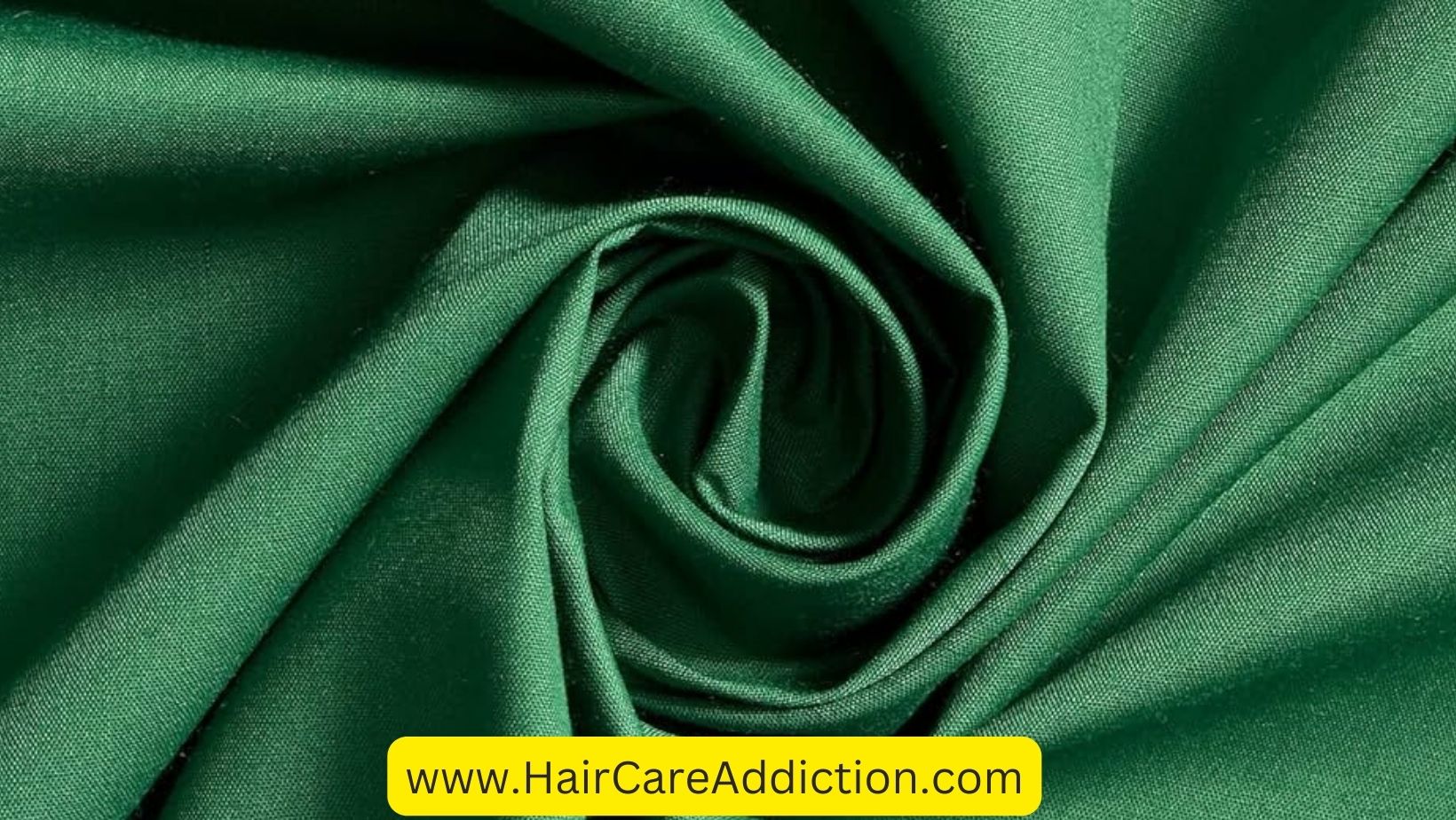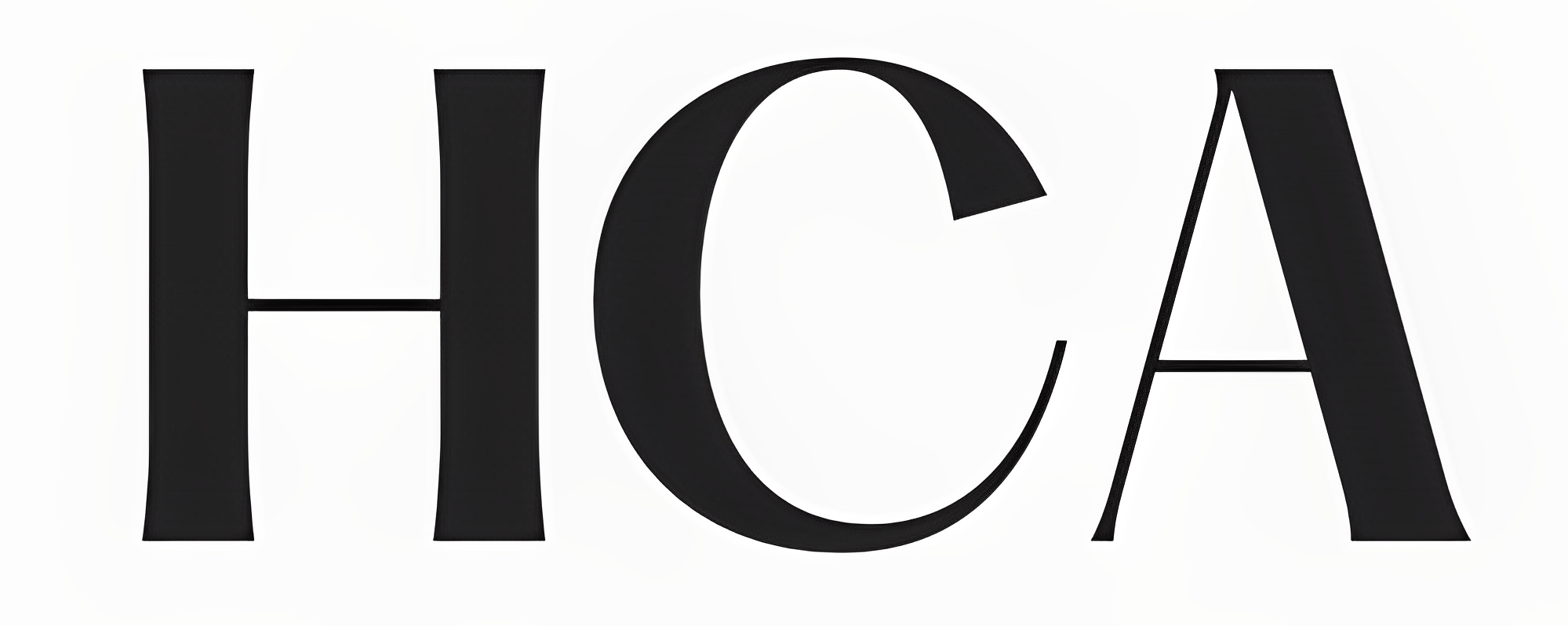Is Polyester Bad For Hair: Choosing the Right Fabric for Your Headwear

Is Polyester Bad for Hair?
If you’re looking for a new scarf, hat, or hijab, you might be wondering what kind of fabric is best for your hair. Is it true that polyester is bad for your hair? And if so, why?
Polyester is a petroleum-based chemical-based synthetic fabric.
It is inexpensive, long-lasting, and simple to clean, but it has some drawbacks in terms of hair health.
In this article, we’ll give you some of the reasons why polyester is bad for your hair, as well as some alternatives. So, keep reading.
Is Polyester Bad For Hair?
Quick Fact:
Shafik (1993) discovered that wearing polyester underwear for two months reduced men’s sperm count and motility while increasing the number of abnormal sperm forms. Another study, conducted by Shafik (2007), discovered that wearing polyester garments on top of the skin harmed women’s ovarian and placental function, resulting in low progesterone levels and spontaneous abortions.
What about hair? Is polyster headwear bad for hair?
Polyester isn’t inherently bad for hair, but when it comes into contact with it, it can cause friction and static, resulting in increased breakage and frizziness. Also, according to study, it brings change in hormone resulting in decreased hair health.
Here are some the reason why polyster is bad for your hair and you should consider other alternative:
#1 Polyester Traps Heat and Moisture
Polyester, unlike natural fabrics such as cotton or silk, does not allow the skin and hair to breathe.
This causes heat and moisture to become trapped beneath the fabric, resulting in a humid and warm environment that can cause skin irritations, acne, dandruff, and fungal infections.
Polyester also increases sweating, which can clog pores and stimulate oil production, resulting in greasy hair and scalp.
#2 Polyester Causes Friction and Damage
Polyester is a smooth, shiny fabric that is also stiff and rough.
When you rub your hair against polyester, you create friction that can damage your hair’s cuticle layer, making it more prone to breakage, split ends, and frizz.
Polyester also generates static electricity, which can cause your hair to become tangled and flyaway.
#3 Polyester Brings Change in Your Hormones
Polyester is harmful not only to your hair, but also to your hormones.
Polyester contains toxic chemicals that can enter your bloodstream through your skin, such as formaldehyde, fire retardants, stain resistance agents, and moth repellents.
These chemicals have the potential to disrupt your endocrine system and harm your reproductive health.
What Fabrics Should You Choose Instead?
To protect your hair and health from the damaging effects of polyester, choose natural fabrics that are breathable, soft, and gentle on your skin and hair.
The following are some of the best fabrics for headwear:
Cotton
Cotton is a lightweight, absorbent, and hypoallergenic natural fiber.
It circulates air around your scalp and hair, keeping them cool and dry.
Cotton also reduces friction and static electricity, which helps to prevent tangles and damage.
Silk
Silk is a natural protein fiber that is luxurious, smooth, and kind to your hair.
It reduces friction and locks in moisture, keeping your hair shiny and healthy.
Silk also has antibacterial properties and regulates temperature, preventing infections and irritations.
Linen
Linen is a natural fiber derived from the flax plant. It is long-lasting, breathable, and thermoregulating.
It quickly absorbs and releases moisture, keeping your scalp and hair clean and fresh.
Linen’s natural texture adds volume and style to your hair.
Is Polyster Pillowcase Good for Hair?
Polyester pillowcases are not ideal for hair health because they can cause friction, static electricity, and damage to the hair strands.
Because of its synthetic nature, polyester can cause hair breakage and frizz.
As a result, pillowcases made of cotton, satin, or silk are preferable for hair protection.
Polyester vs Silk for Hair
The following table summarizes the key differences between silk and polyester in terms of their effects on hair:
| Property | Silk | Polyester |
|---|---|---|
| Frizz Reduction | Better at reducing frizz and preserving hairstyles | Can make frizz and split ends worse due to static and friction |
| Anti-static Properties | Anti-static | Can cause static in hair |
| Natural vs Synthetic | Natural protein fiber produced by insects | Industrially produced fiber made from petroleum |
| Breathability | Breathable fabric allowing circulation and preventing moisture buildup | Does not breathe as well as silk |
Conclusion
Polyester is bad for your hair because it traps heat and moisture, causes friction and damage, and negatively affects your hormones.
To avoid these issues, choose natural fabrics for your headwear such as cotton, silk, or linen.
These fabrics are breathable, soft, and gentle on your skin and hair, improving both their appearance and health.





